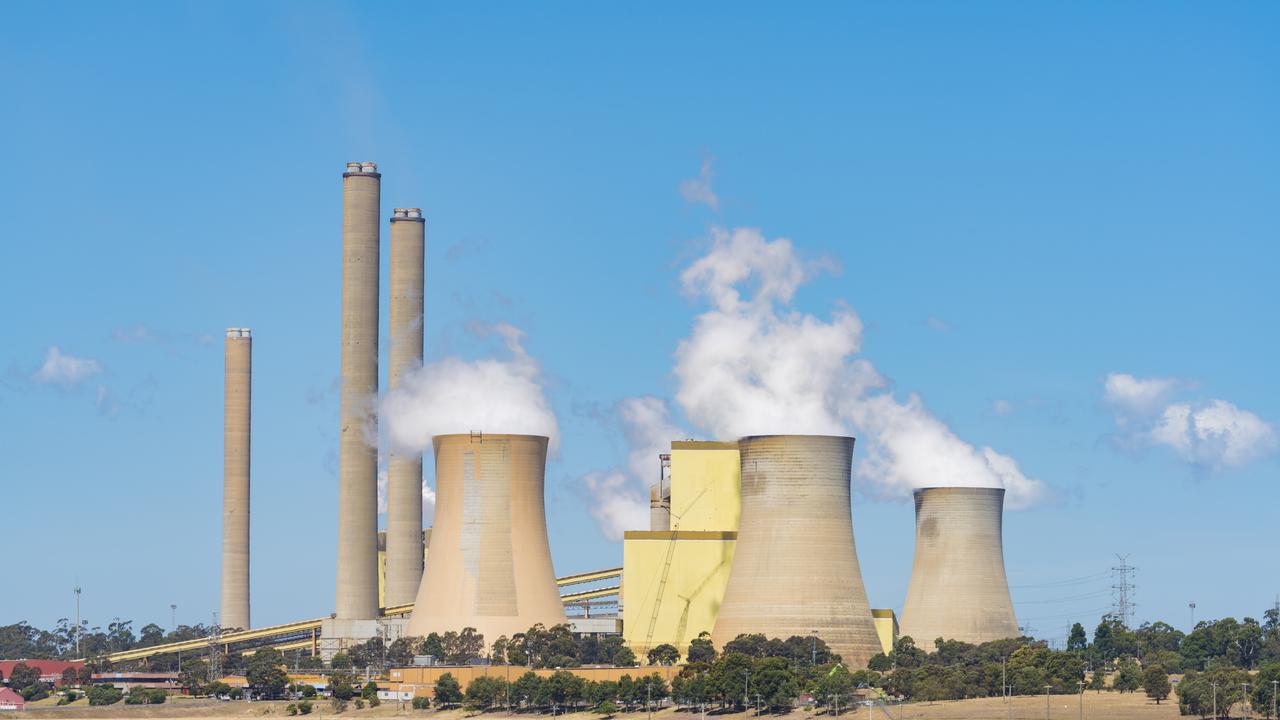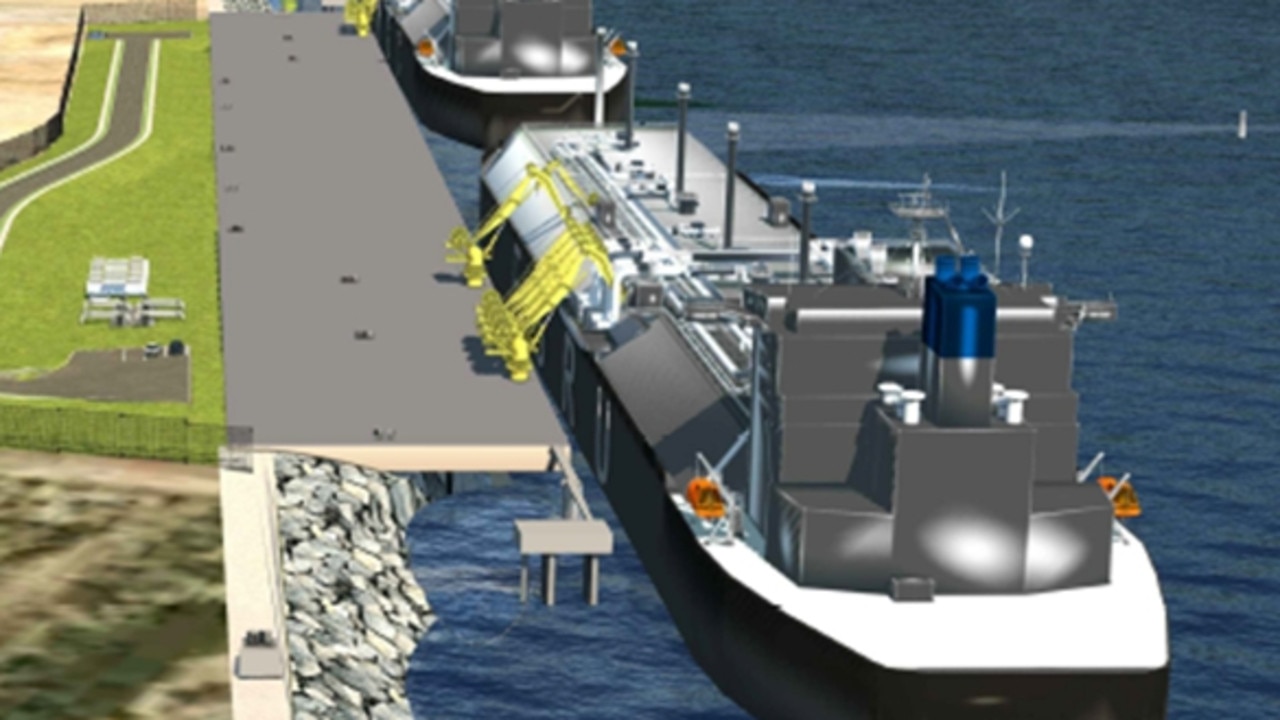Nuclear power not an option for Australia, says Chris Bowen
Peter Dutton says we must consider small modular nuclear plants as part of its power mix but Labor has bluntly said the energy source doesn’t stack up with renewables.
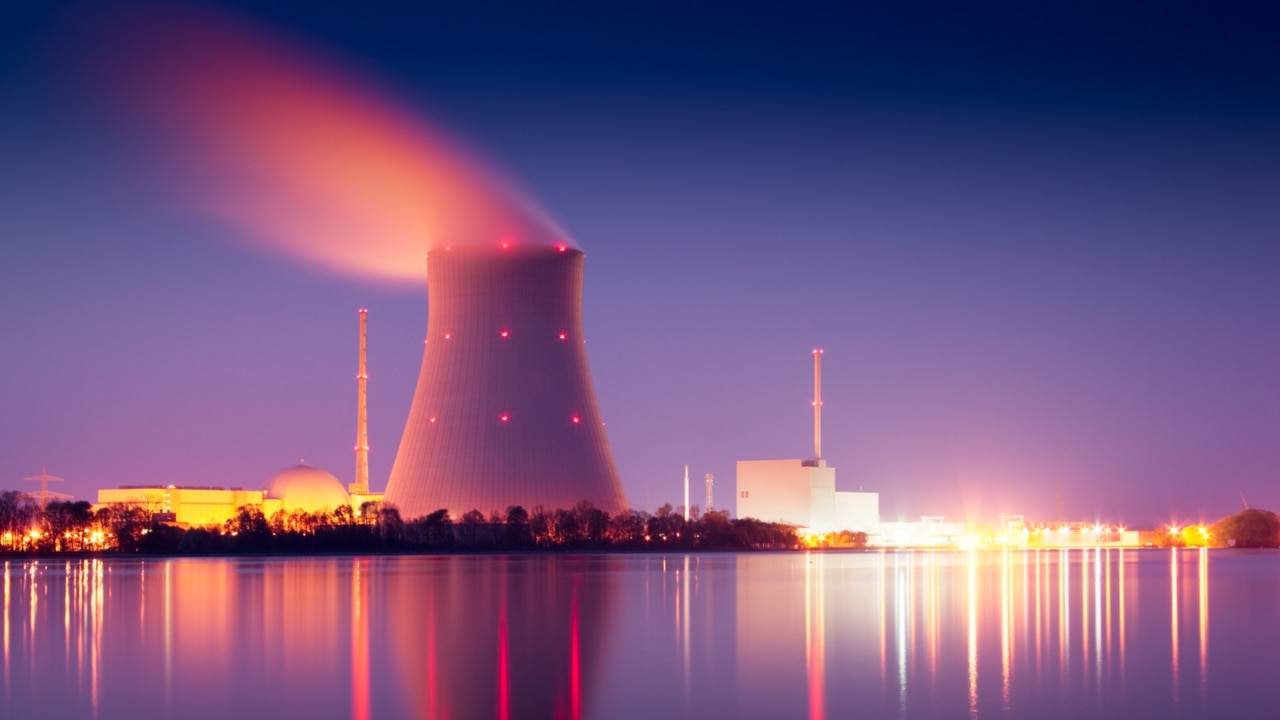
Nuclear power is not an option for Australia given social licence issues and high costs compared with solar and wind supplies, federal Energy Minister Chris Bowen has said, noting major nuclear plants under construction invariably suffered major cost blowouts.
Peter Dutton has said Australia must consider small modular nuclear power plants as part of its power mix, but Mr Bowen said the energy source did not have a role in Australia.
“I prefer the cheapest form of energy available over the most expensive. Nuclear is by many multiples the most expensive form of new energy,” Mr Bowen told a CEDA forum on Monday.
“The idea of introducing the most expensive form of energy into our grid when we don’t have a nuclear energy industry … we would need to build the skills and resources from scratch. It makes no sense to me – to be very frank, and very blunt.”
More than $120bn of spending is needed to finance new solar, wind, transmission and energy storage projects by 2030, according to the Australian government-backed Clean Energy Finance Corporation, but current investment is falling short of targets.
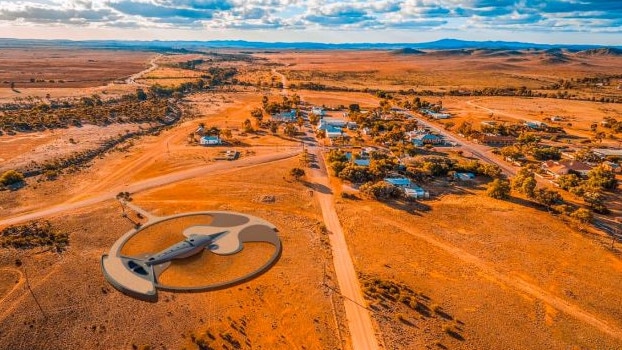
The challenge of delivering enough clean energy as coal plants close has led to some in the energy industry calling for the reconsideration of nuclear in the energy mix.
However, Mr Bowen said it had no role in Australia and pointed to a raft of cost blowouts on nuclear plants under construction around the world, without providing specific details.
“There is no nuclear facility around the world under construction which isn’t currently taking major delays and major cost blowouts – from $5bn to $9bn. Even proponents of small modular reactors concede they cost $5bn,” Mr Bowen said.
“Which is a lot of billions for not many megawatts. It makes no sense to me whatsoever.
“That’s before you even get to talk about social licence. You have transmission and then you have the social licence of nuclear power plants. So it’s not an option for Australia.”
Australia’s power grid operator said nuclear power was “terrific” for many countries around the world including the UK, but too expensive to start locally.
“There is no doubt that the cheapest form of new build energy today is firmed renewable energy and that is the pathway of Australia’s energy transition,” Australian Energy Market Operator chief executive Daniel Westerman told the forum.
“Nuclear power is terrific for countries around the world that have it and that are investing in it. It’s zero carbon. There’s nothing against the technology at all. It’s expensive for Australia, and I can’t find a place where it would be located.”
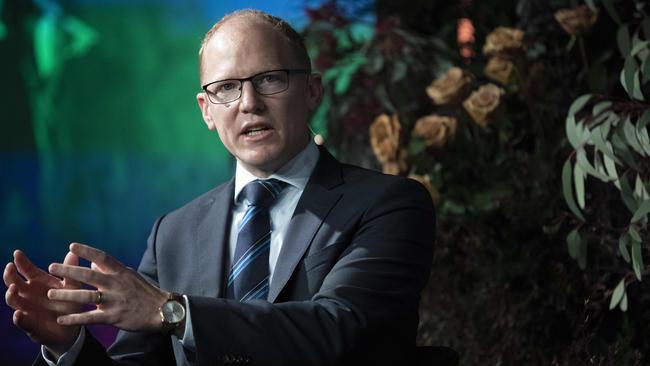
The Opposition Leader in his budget reply speech rebuked Labor – led by longtime anti-nuclear advocate Anthony Albanese – for being “happy” to embrace AUKUS nuclear submarines while refusing to “consider the benefits of onshore small and micro modular reactors”.
Opposition climate change and energy spokesman Ted O’Brien has also said the starting point for Australia should be to take an “all the above” approach and consider all technologies, including zero-emissions nuclear energy.
Still, a major study published in April found the price of building nuclear power plants would need to fall dramatically for it to find a place in Australia’s decarbonisation strategy, and carbon capture would need to play a major role in the nation’s net-zero economy alongside a staggering increase in the rate of renewable energy generation.
The expert group, Net Zero Australia, concluded that nuclear power would have little or no role to play unless costs of building and operating plants fell by at least 30 per cent from current “international best practice”.
Meanwhile, the build-out of renewable energy generation is significantly constrained – by factors, including policy settings, supply chain issues, or the time taken to win environmental and other permits.
Some 150 gigawatts of energy supplies, nearly triple the current generation and storage capacity of the Australian market, has been proposed by companies and investors by 2032 with large-scale solar and wind backed up by battery storage accounting for 88 per cent of the project pipeline.






